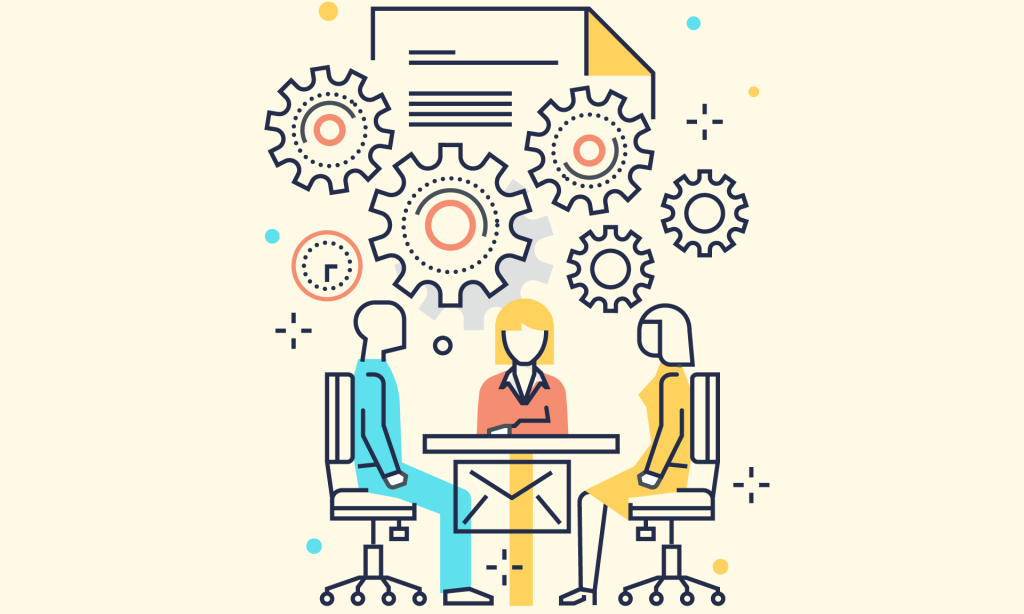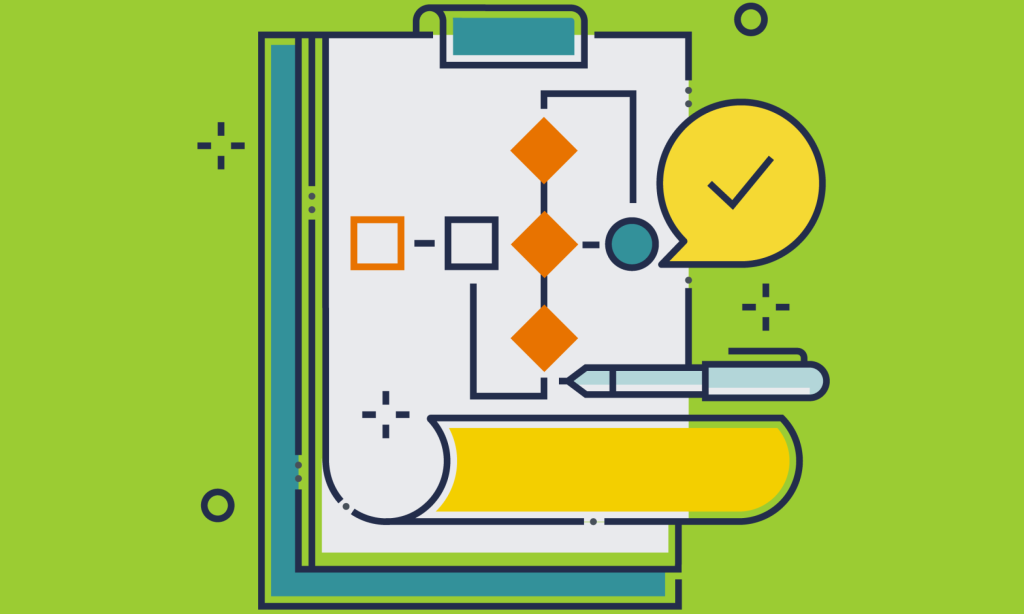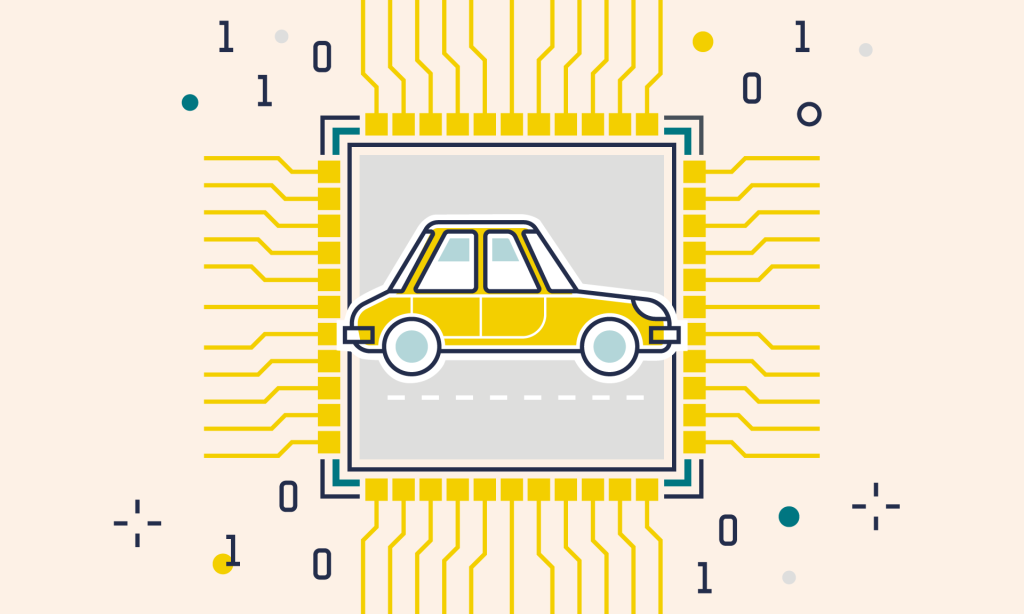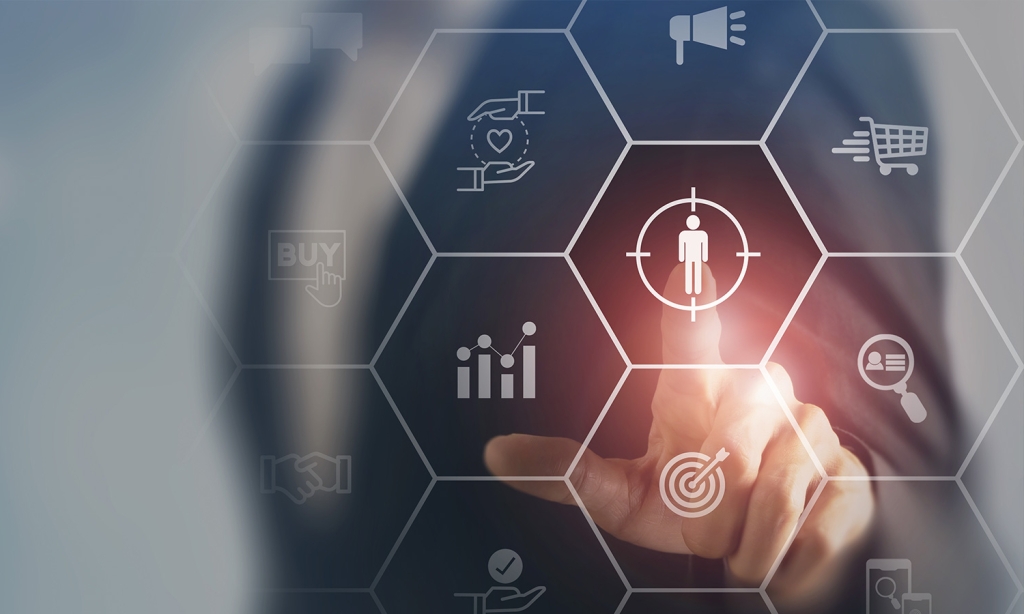

 Article
Article


New research aims to make AI systems fairer when assigning tasks or allocating resources, giving everyone an equal shot at getting what they want.

In the rapidly evolving landscape of artificial intelligence, a unified team executing a flawed strategy often outperforms those pursuing a perfect strategy with fractured alignment. This principle of prioritizing alignment over flawless planning forms the cornerstone of the seven critical foundations for competitive success in the AI era.

As the race for fully autonomous vehicles heats up, challenges remain on the road to widespread adoption. Key to overcoming these obstacles will be consumer acceptance, technological advances, and regulation.

The latest advances in AI offer companies unprecedented opportunities to become more customer centric. As Darden School of Business Professor Rajkumar Venkatesan expounds in his recent book, The AI Marketing Canvas: A Five-Stage Road Map to Implementing Artificial Intelligence in Marketing, AI can help companies create and deliver superior customer value through personalized products and services.
Advances in AI and machine learning algorithms that can collect, interpret and generate data are happening fast. What happens when organizations automate managerial processes in pursuit of productivity gains? How might having an AI “boss” make people feel about themselves, their jobs and their status within the organizations that employ them?
Smart technology will completely change both your way of life and your way of working. We will live in the most disruptive time for the workforce since the Great Depression. What does this mean for millions of lives, for the public school system and for society at large? And what is to be done about it?
The proliferation of AI has given rise to fear of job replacement across many industries, including entertainment. The WGA and SAG-AFTRA went on strike, including in their demands protection from the use of AI by studios. Is this a real or perceived threat, and what is the potential impact on the consumer experience?
Leverage the potential of artificial intelligence, the value of first-party data and the power of stickers: Darden Professor Raj Venkatesan discusses the importance of personalization and data-driven marketing — and offers his blueprint to navigating the marketing revolution.
What place do AI, blockchain and the metaverse hold in the future of business? Where does one start to answer such a huge question? Professors Tim Laseter and Dennie Kim offer framing to help forward-thinking business leaders navigate the digital assets of the present and future.
Much capital has been lost by chasing false paradigm changes and earnings missed by dismissing real paradigm changes. How can we best identify when the hype is turning to mania or when it underestimates the long-term impact of new technology? We start by asking the right questions.